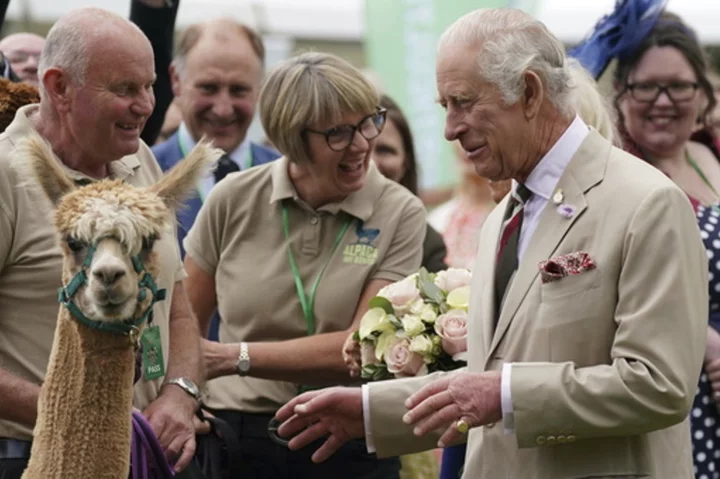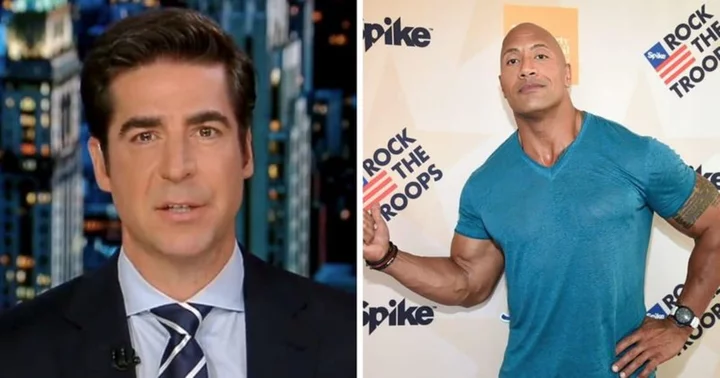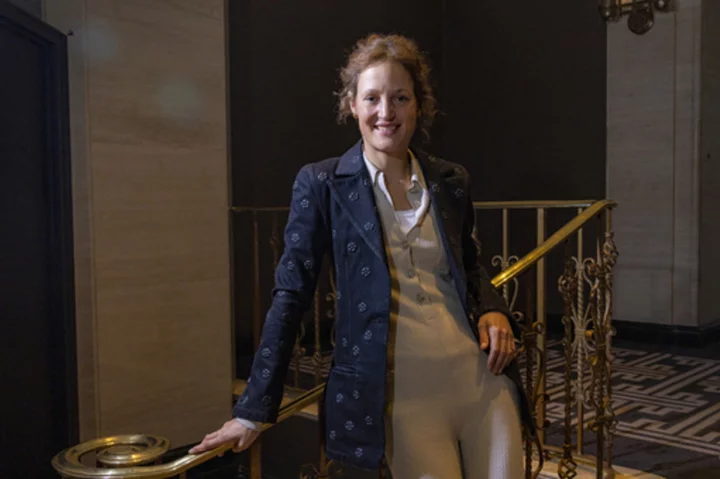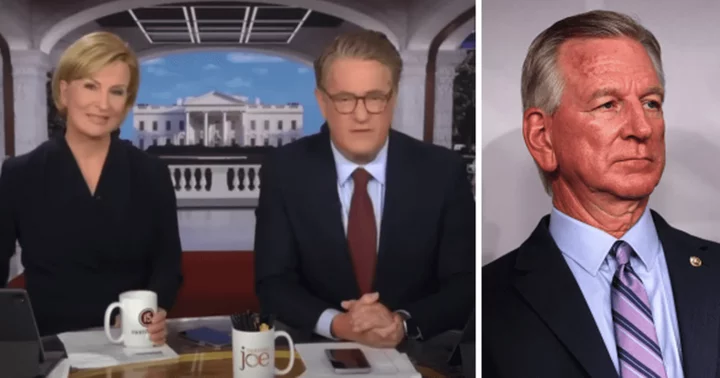LONDON (AP) — The amount of public funding for King Charles III and the royal family's official duties has been recalculated for next year because of an unexpected profit boost from offshore wind farms on the monarch's Crown Estate, the U.K. Treasury said Thursday.
Treasury officials say they will halve the proportion of the crown estate’s profits paid to the royals from 25% in recent years to 12% next year.
Charles and the royal family receive an annual Sovereign Grant from the Treasury that is based on a proportion of profits from the crown estate, a vast collection of land and property across the U.K. The crown estate is run independently and has assets worth around 16 billion pounds (nearly $18 billion), including some of London’s most expensive properties.
The crown estate also manages coastlines and the seabed around the country, and six new offshore windfarm lease deals secured earlier this year have generated a windfall estimated to be worth 1 billion pounds ($1.1 billion) a year.
Charles has asked for the wind farm deal profits to be used for the “wider public good” instead of going to fund his official duties.
The reduction in proportion of profits to be handed to the monarchy came after a review by the Royal Trustees — including Prime Minister Rishi Sunak, the Treasury chief and an official known as the Keeper of the Privy Purse.
The amount of the sovereign grant for this year is 86.3 million pounds ($109 million), unchanged from the year before. The Treasury said that cutting the rate to 12% means that the monarchy's budget next year will remain the same because it won't receive an extra 24 million pounds ($27 million) it would have were the rate to stay at 25%.
After that, the royal household's budget will be 130 million pounds ($145 million) lower in both 2025 and 2026 than if the rate had stayed unchanged.
“This money will instead be used to fund vital public services, for the benefit of the nation," the Treasury said in a statement.
Charles is known for championing green energy, but he has also spoken about the ongoing cost-of-living crisis and the pressures faced by millions of his subjects. The move to reduce his share of the windfarm deal profits would help swerve criticism that the royals are out of touch with wider British society.
Under the U.K. constitutional monarchy system, kings and queens surrender profits from the crown estate — which are not the private property of the monarch, but are hereditary assets belonging to the sovereign only for the duration of their reign — to the government. The Treasury provides a fraction of these profits in the form of the sovereign grant to support royal duties.
Charles and his son Prince William also receive private incomes from royal estates known as the Duchies of Lancaster and Cornwall.









